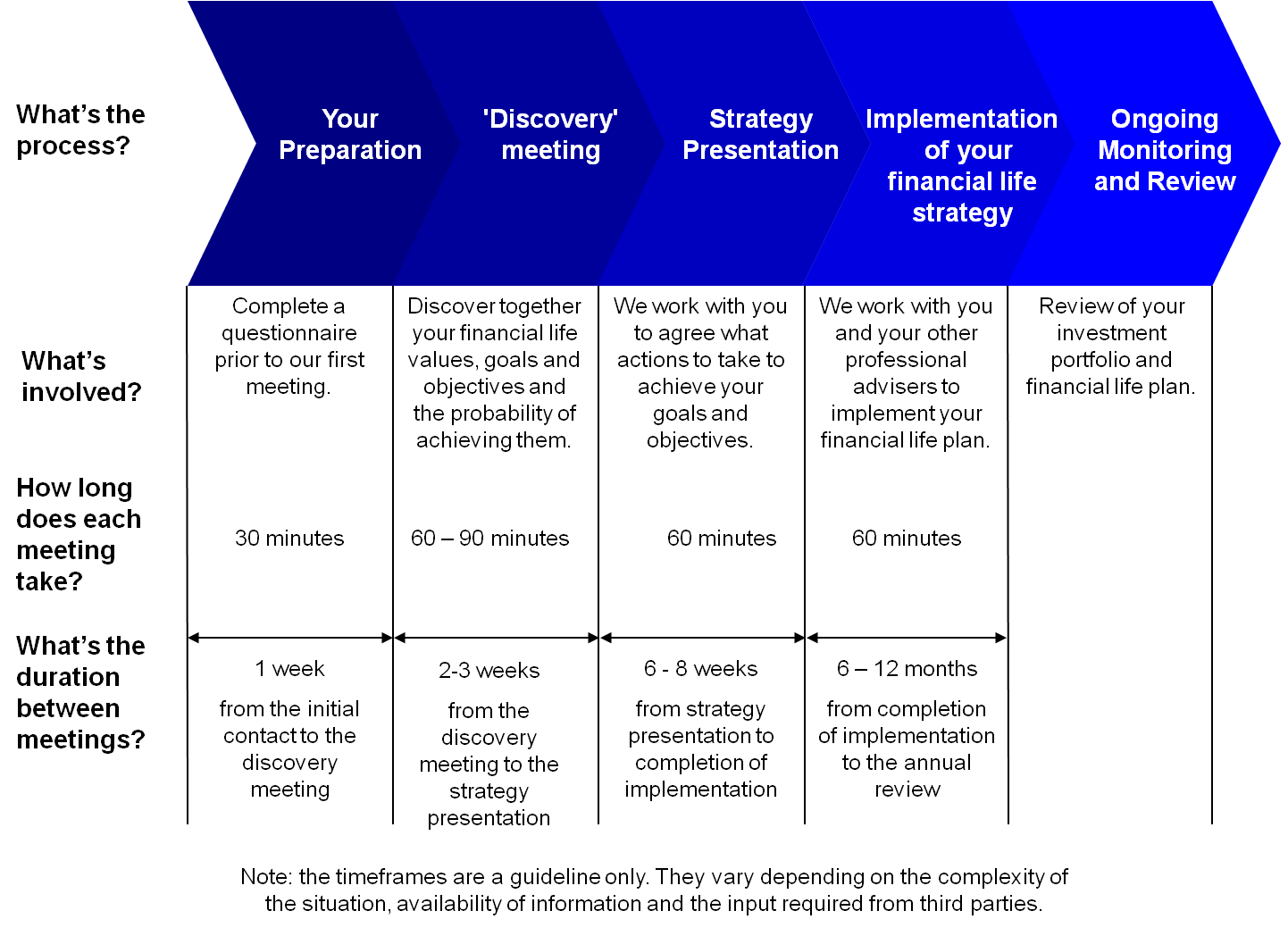
Starting Your Financial Plan : A Beginner's Road Map
Would you leave on a trip to a new destination without a map? What if your destination is a successful financial future? Without a map, would you know how to get there?
Financial planning provides a road map for your financial life. It can make the journey less stressful, more fun, and more successful. And, you can start right now - even if only a few steps at a time. This guide, from the Financial Planning Association® (FPA®), will help you get started. We'll look at:
- Destination: Setting Goals
- Starting Point: Where Are You Now?
- Avoiding Potholes: Insurance, Debt, Job Loss, Taxes and Estate Planning
- Have adequate insurance
- Control debt & Taxes
- On the Highway: Saving, Investing, Retirement and Other Goals
Destination: Setting Goals
Financial planning starts with setting goals. After all, you need to know where you want to go before you can decide how to get there. Your goals can be short-term - for example, paying a credit card in six months; medium-term - such as saving for a down payment on a house in two years; or long-term - such as sending your kids to college in 15 years. Write your goals on paper, including amounts and dates. Keep the list in sight so you can refer to it for motivation as you keep working toward your goals.
Starting Point: Where Are You Now?
Next, get a realistic picture of where you are financially. List everything you owe (liabilities) and the value of everything you own (assets). Also,track your monthly income and expenses in a notebook or on a budget form. Even if it's not a pretty picture now, that's OK. You've faced your financial situation, and financial planning will help you improve the picture.
Empty Nesters (18-25 Yrs)
Financial Planning involves planning

- Professional Options and Employment
- Buying a First Car / Own House
- Travel on vacations with friends and family
Young Couples (25-35 Yrs)
Financial Planning for a couple involves joint decisions on:

- Buying a House
- Planning for kids
- Travel on Vacations
- Insurance for Earning Members
- Gifts / Social Commitments
Mature Families (35-55 Yrs)
Financial Planning for a family with kids is more demanding and gets complex:

- Educational Plans
- Buying Second Car
- Annual Vacations
- Considering Marriage Options
- Health Care Issues and Planning
- Life Insurance Cover Requirement
Retired Couples
Financial Planning for Retirement is more passive and driven on planning done in the initial stages of ones life.

- Regular Income Planning
- Insurance Maturities
- Reinvestments
- Inheritance Issues
- Major /Critical Illness Planning
- Wealth Transfer Issues

